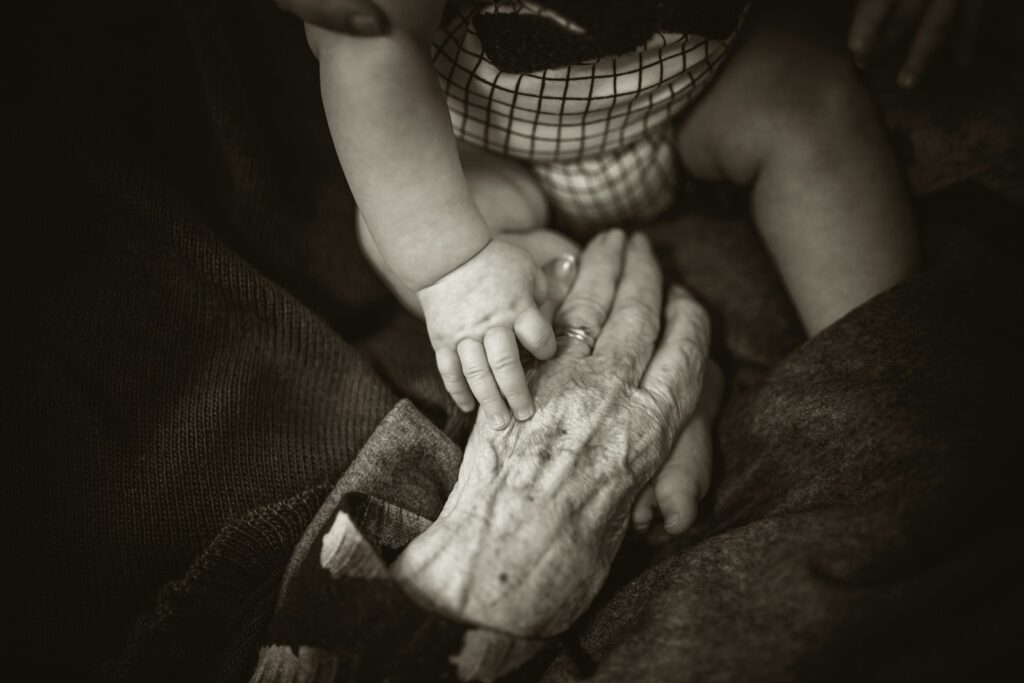In urban centers across South Asia, a growing number of individuals find themselves grappling with the responsibilities of the sandwich generation. This demographic, often comprising middle-aged adults, is tasked with caring for both their aging parents and their own children, creating a complex web of obligations that can lead to significant emotional and physical strain.
Julie-Anne, a resident of Dhaka, Bangladesh, exemplifies this challenge as she navigates the delicate balance of caregiving. With her mother requiring increasing support due to health issues, Julie-Anne reflects on her own upbringing, determined not to impose similar expectations on her children. “I believe it’s important for the next generation to focus on their own lives rather than feeling burdened by caregiving responsibilities towards me,” she shares.
This sentiment is echoed by many in her community and beyond, as the cultural norms around family support evolve. Traditionally, South Asian societies have placed a strong emphasis on filial duty, where adult children are expected to care for their parents. However, as economic pressures and societal changes reshape family dynamics, many individuals are re-evaluating these expectations.
The phenomenon of the sandwich generation is not unique to South Asia; however, the cultural context can intensify the pressures faced by caregivers. With increasing life expectancy and a rising elderly population, many adults are finding themselves in a position where they must allocate time and resources to both their kids and their parents, often at the expense of their own well-being.
Experts suggest that open communication within families is crucial to navigating these challenges. Advocating for shared responsibilities and discussing individual needs can help relieve some of the pressure. Furthermore, community support networks and resources can play a vital role in providing assistance and guidance for those feeling overwhelmed.
As the landscape of family support continues to shift, the experiences of individuals like Julie-Anne highlight the importance of fostering a balance that prioritizes both the needs of the elderly and the aspirations of the younger generation. In doing so, families can work towards a more equitable approach to caregiving, ensuring that no one is left to shoulder the burden alone.



